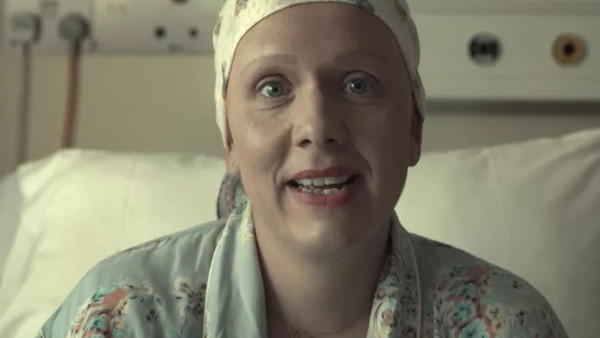Netflix's After Life Review: 6 Ups & 3 Downs
4. It's Very, Very Good At Making You Feel Things

There are a lot of people who didn't like Derek, Gervais' last big TV show, but there were moments in that show - particularly when the titular character met his father - where only a heart of stone could resist the feels. That's something Gervais has always proved himself particularly adept at: even with problematic heroes, his writing entices the audience to empathise (even unconsciously) so when their moments of revelation or redemption come, we fall into them with them.
The same goes for After Life, but the agenda to inspire emotional response is far more at the forefront. Gervais seems intent on a more visceral experience, almost like he's experimenting with how much he can get away with. Even aside from the central tragedy of Tony's bereavement and spiral into suicidal despair, every single character we meet has some sort of inherent tragedy about them (apart from loveable Lenny and Sandy, who stands in as the audience's surrogate anyway).
Matt's marriage is falling apart as he tries to fix Tony, Anne lost her husband, Kath and the Nurse are lonely, Julian is destroyed by loss, Brian by the humiliation of his wife's betrayal and Daphne struggles with Julian's death badly because she has so few real human relationships. If you don't feel as their stories are revealed (as Tony discovers them), there's something wrong with your heart.